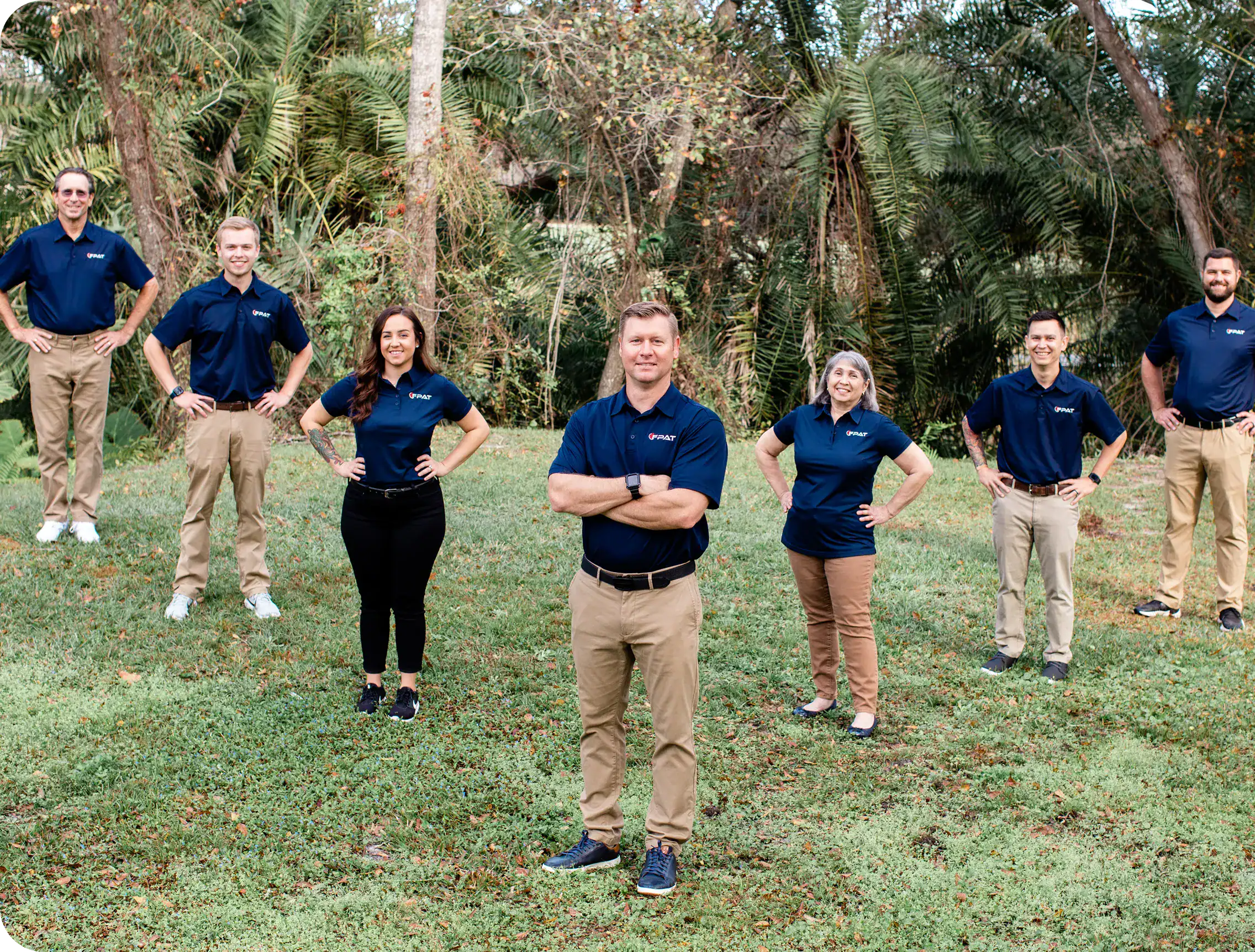FPAT’s Reserve Study Process for Florida Condos
Ensure compliance and financial stability with our expert guidance.

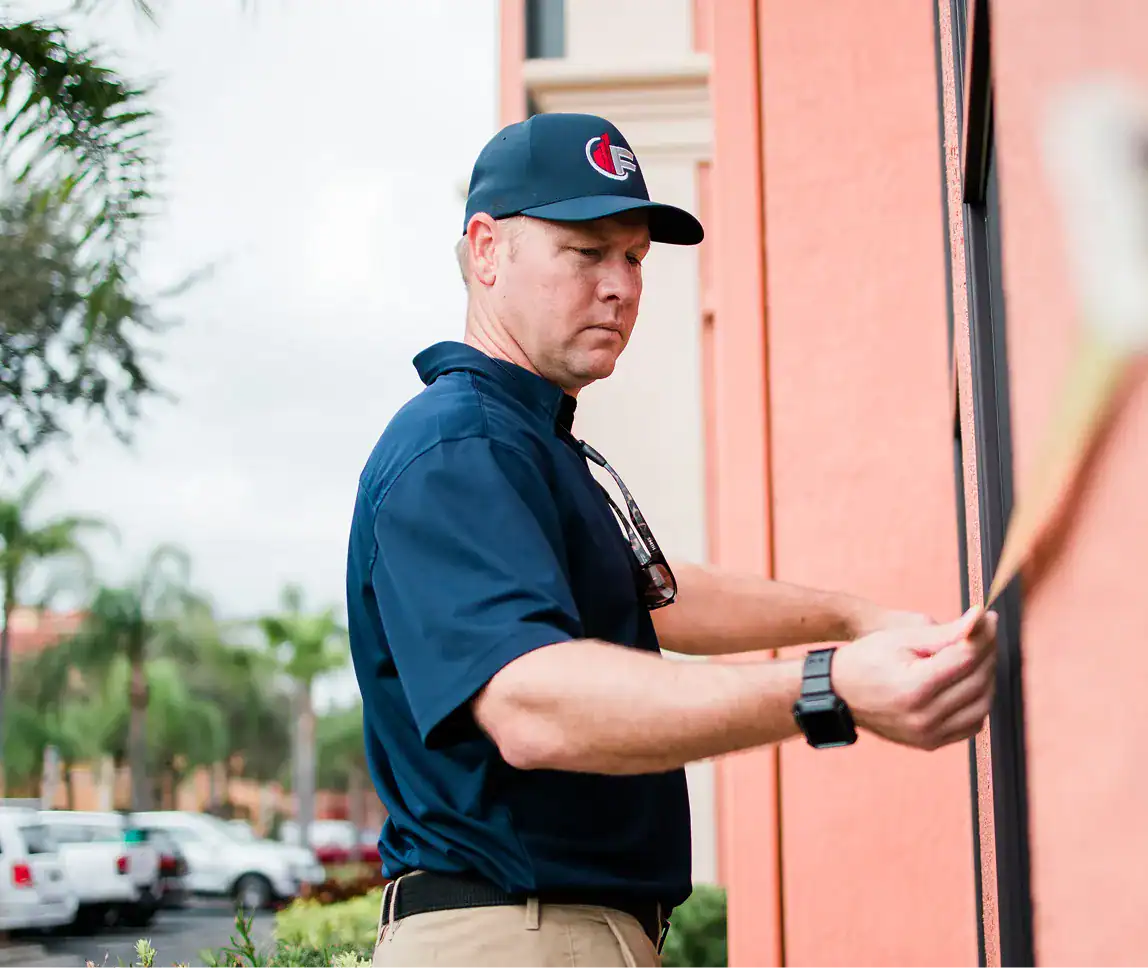

Why Reserve Studies Matter in Florida
Our Simple 3-Step Plan to Defeat the Chaos

Schedule a Consultation
Book a quick call to unpack your needs.

Get a Custom Proposal
Receive a tailored plan in 24 hours.

Implement with Confidence
Team up with us to secure your community.

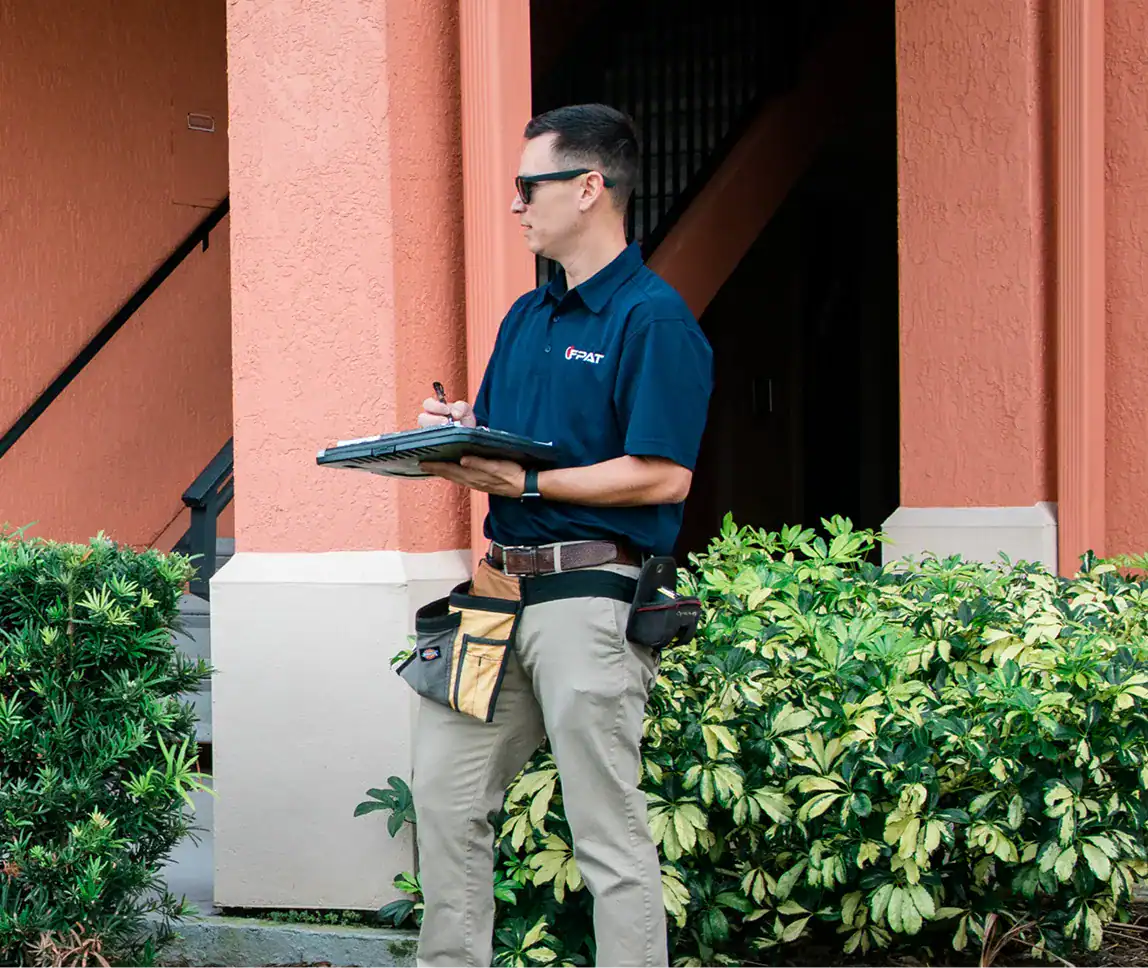

The Reserve Study Process
FPAT’s process is designed to be stress-free and compliant, ensuring your property is prepared for the future. Here’s how it works:
- Initial Consultation: Contact FPAT to discuss your needs; they’ll explain Florida’s requirements, including SIRS compliance, and how windstorm mitigation can lower premiums.
- Tailored Proposal: Within 3-5 days, receive a customized plan outlining scope, costs, and timeline.
- Data Collection: Provide necessary documents, and FPAT handles the rest for a comprehensive assessment.
- On-Site Inspection: Certified professionals evaluate your property, focusing on hurricane damage and corrosion risks.
- Component Analysis: Assess each component’s remaining life and future costs, considering local conditions.
- Financial Analysis: Develop a 30-year funding plan to avoid special assessments, aligning with your financial status.
- Report Generation: Get a detailed, compliant report with visual aids and funding scenarios.
- Presentation and Support: FPAT presents findings to your board and offers ongoing support for implementation.
Survey Note: Detailed Analysis of FPAT’s Reserve Study Process
Background and Context
Reserve studies are critical financial planning tools for condo associations, assessing major components like roofs, elevators, and structural systems to estimate future repair or replacement costs. In Florida, these studies are particularly vital due to the state’s vulnerability to hurricanes, tropical storms, and saltwater corrosion, exacerbated by recent legislative updates like the Structural Integrity Reserve Study (SIRS) mandate for buildings three stories or taller, with a deadline extended to December 31, 2025 https://www.flsenate.gov/Session/Bill/2023/154.

Why Choose FPAT?
FPAT’s Role and Expertise
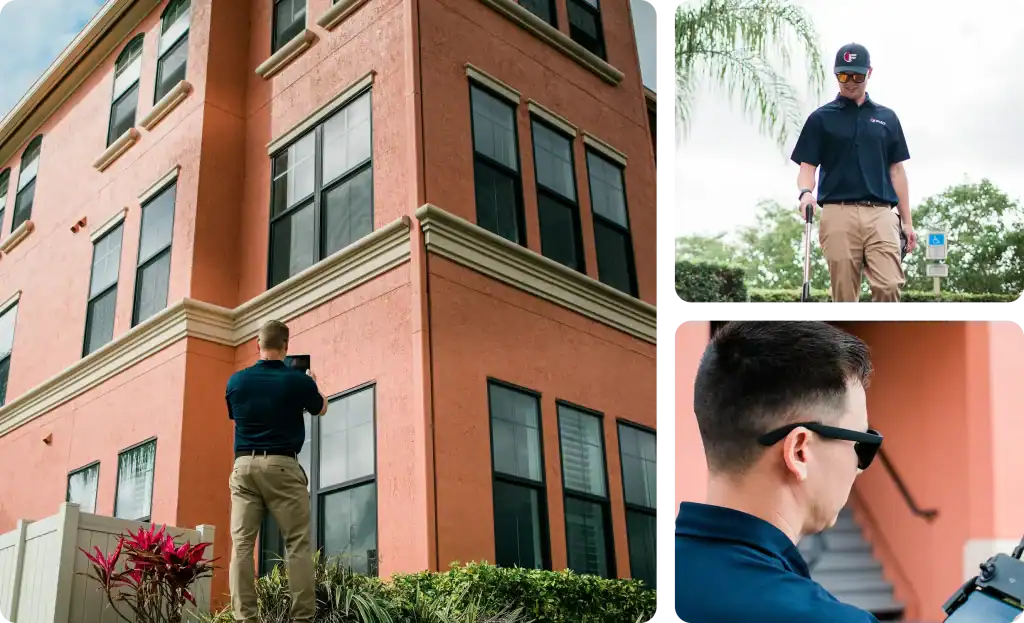
Detailed Process Steps

Benefits and Outcomes
Comparative Analysis
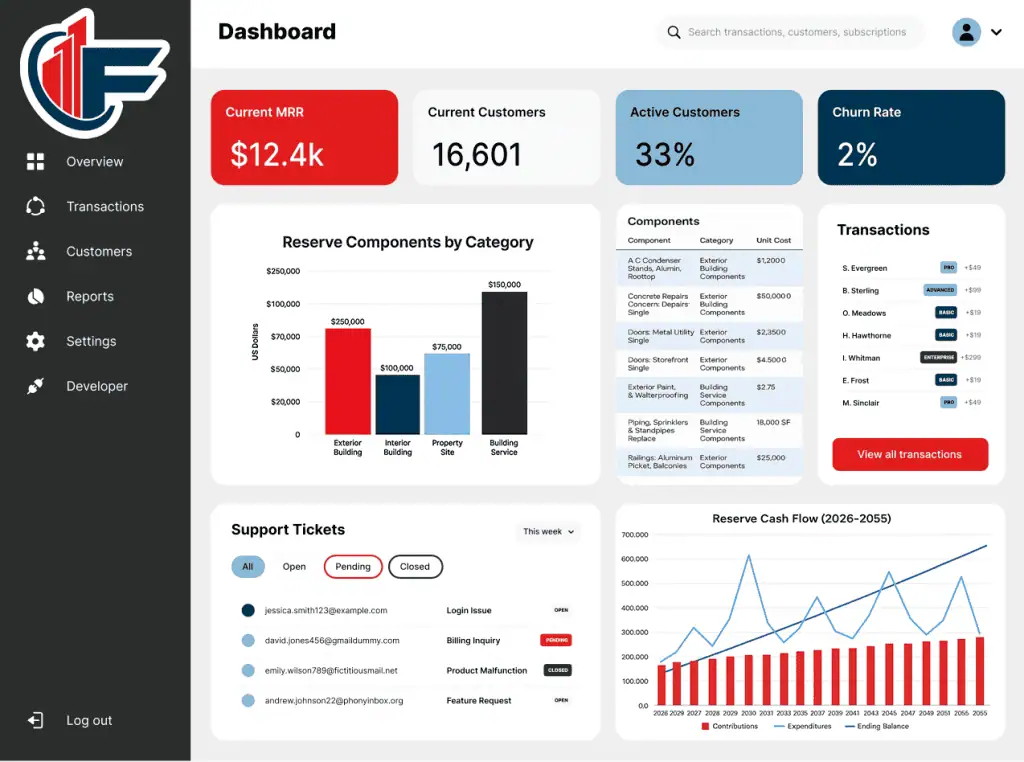
Supporting Data and Legislative Context
Client Considerations

Conclusion
